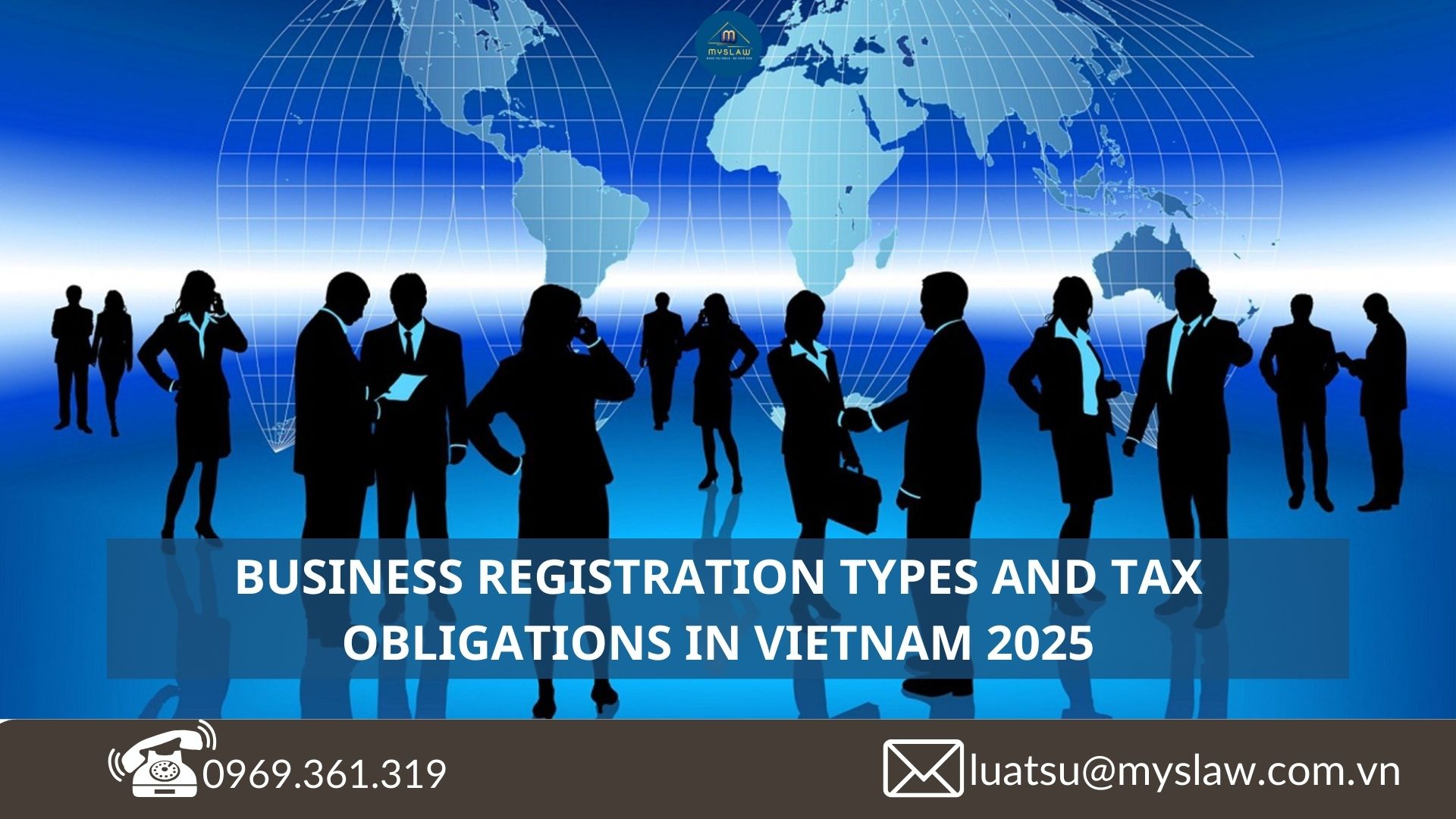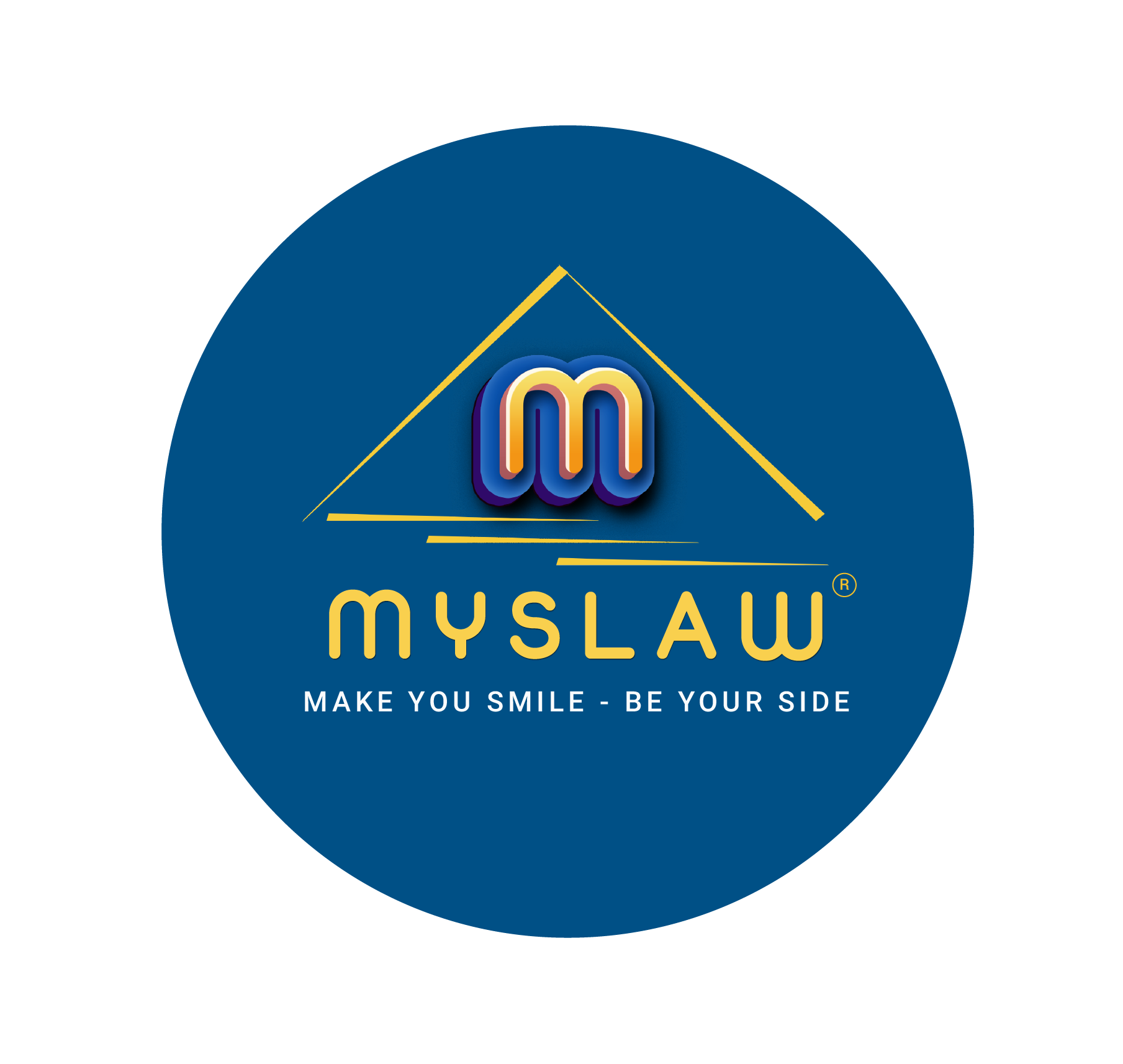Starting a business in Vietnam requires selecting an appropriate business structure that aligns with the scale, objectives, and legal requirements of the venture, as governed by the Enterprise Law 2020. Vietnamese law offers diverse business registration types to accommodate various entrepreneurial needs, including individual business households, private enterprises, limited liability companies, joint-stock companies, partnerships, cooperatives, foreign-invested companies, and business cooperation contracts. Each structure presents distinct advantages and limitations, necessitating careful consideration to ensure compliance and operational efficiency. To support entrepreneurs from the initial stages and throughout the business registration process, MYS Law provides comprehensive business registration services for enterprises and individual business households. MYS Law is committed to being a trusted legal partner, accompanying clients in operating and expanding their businesses. This consultation outlines the most common business registration types, their registration requirements, and associated tax obligations to guide entrepreneurs in establishing and managing their businesses in 2025.

Individual business households, regulated under Decree 01/2021/ND-CP, are established by an individual or household members who bear unlimited liability for all business activities. This structure suits small-scale operations, such as retail or food services, due to its simplified accounting and tax regimes. Registration requires a business registration application specifying the business name, address, industry, capital, and workforce, accompanied by certified copies of the owner’s identity card or passport, a household meeting record (if applicable), a lease agreement or land use certificate for the business premises, and relevant professional certificates for conditional industries. The tax regime for individual business households includes a business license tax, determined by annual revenue: VND 1,000,000 for revenue exceeding VND 500 million, VND 500,000 for VND 300-500 million, and VND 300,000 for VND 100-300 million. Households with revenue below VND 100 million are exempt from both the business license tax and personal income tax (PIT). For revenue above VND 100 million, value-added tax (VAT) and PIT are calculated using the direct method, with VAT rates ranging from 1% for goods distribution to 5% for services, and PIT rates from 0.5% to 2%, as per Circular 92/2015/TT-BTC and Circular 40/2021/TT-BTC.
Limited liability companies (LLCs), available as single-member or multi-member entities, are popular due to their legal entity status and limited liability, where owners are responsible only up to their capital contribution. A single-member LLC, owned by one individual or organization, requires a registration application (Form I-2, Circular 01/2021), company charter, certified identity documents of the owner and legal representative, and, for organizational owners, establishment decisions and authorized representative documents. Multi-member LLCs, with two to fifty members, require a similar application (Form I-3), a charter, a member list (Form I-6), and identity documents. Both types may need an investment registration certificate for foreign investors under the Investment Law. LLCs face a business license tax of VND 3,000,000 annually for charter capital exceeding VND 10 billion, or VND 2,000,000 for lower capital, and are subject to corporate income tax (CIT) at 20-22% of profits and VAT at 0%, 5%, or 10% based on goods or services, using either the deduction or direct method. PIT is withheld for employees as per the Personal Income Tax Law.
Joint-stock companies, requiring at least three shareholders with no upper limit, offer flexibility in capital mobilization through share issuance, as regulated by the Enterprise Law 2020. Registration involves submitting a business registration application, draft charter, list of founding shareholders, and certified identity or establishment documents of shareholders and the legal representative. This structure incurs a business license tax similar to LLCs, CIT at 20-22%, and VAT based on the applicable rate. Share transfers trigger a 0.1% PIT on securities transfers, regardless of profit, and only founding shareholders are listed on the national business registry, simplifying internal share transfers without requiring registration amendments.
Partnerships, requiring at least two general partners with unlimited liability and optional limited partners, are suited for professional fields like law or auditing. Registration requires a business registration application, charter, member list, and certified identity or establishment documents, with foreign organizations needing consular legalization. Partnerships follow the same tax regime as LLCs and joint-stock companies, with a business license tax, CIT, VAT, and PIT obligations for members and employees.
Registration is processed by the Business Registration Agency, typically within three working days from receiving a valid application, as per the Enterprise Law. No minimum capital is required unless specified for conditional industries, and businesses can register nationwide regardless of the founder’s household registration. A registered head office is mandatory, excluding residential apartments or collective housing. Eligible identity documents include Vietnamese ID cards, citizen identity cards, or passports for Vietnamese citizens, and foreign passports or equivalents for foreigners. Public servants, military personnel, and certain officials are prohibited from establishing or managing enterprises, except as state-authorized representatives.
In conclusion, selecting a business structure in Vietnam involves balancing operational needs with legal and tax obligations. Individual business households offer simplicity for small ventures, while LLCs and joint-stock companies provide limited liability and scalability. Partnerships suit specialized professions. Entrepreneurs must prepare comprehensive registration documents and comply with tax requirements, including business license tax, VAT, CIT, and PIT, tailored to their business type. Engaging a reputable legal service provider, such as MYS Law, can streamline the registration process and ensure compliance throughout business operations. For specific guidance, consulting a qualified lawyer is recommended.
The above information is provided by Mys Law. For any questions regarding the content of this article, please contact 0969.361.319 or email: [email protected] for further clarification. Best regards!
Compiler: Nguyen Anh Quan





